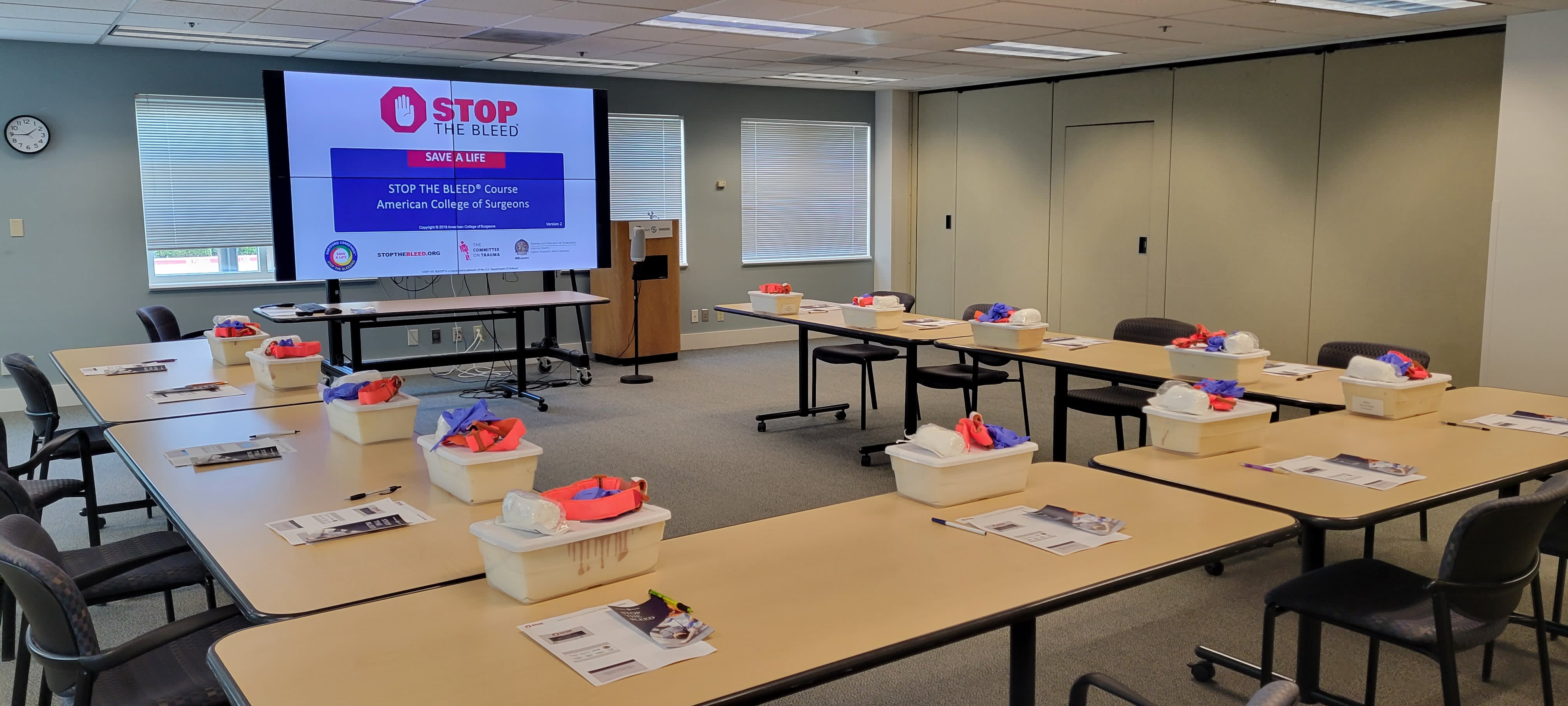Co-Caring uses virtual nurses to help caregivers and patients
[3 MIN READ]
In this article:
-
Starting in 2021, Covenant Medical Center, a Providence affiliate, piloted the Co-Caring nursing care model.
-
Co-Caring uses virtual nursing to care for patients and support the bedside team through two-way audio and video telehealth technology.
-
Because of the pilot’s success, Providence is expanding Co-Caring to 10 other hospital units across our seven-state health system.
At Providence, we’re always looking for innovative ways to improve health care – easing the way for our patients, our clinicians and our communities. That includes addressing the current and looming health care worker shortage, especially with registered nurses, and adapting to the many changes in health care brought on by the COVID-19 pandemic.
So, what’s the plan? One initiative involves expanding the use of Co-Caring, a hybrid nursing care model. Providence recently found success with this care model at Covenant Medical Center.
Piloting Co-Caring at Covenant Medical Center
In response to the health care clinician shortage, in 2021, we introduced a nursing care model pilot at one of our Providence affiliates in Lubbock, Texas – Covenant Medical Center. Co-Caring involves technology that allows a virtual nurse to provide patient care. They support the bedside nurses and care team through a two-way audio and video telehealth platform. This approach not only improves patient care quality but also increases caregiver satisfaction, success and retention.
“The past three years dramatically transformed our industry and workforce in ways that accelerated the modernization of health care,” says Syl Trepanier, Providence’s chief nursing officer.
“Co-Caring represents an innovative solution to one of health care’s most pressing issues – the increased need for nurses, which for the United States is currently estimated at more than 200,000 new nurses required each year to account for population growth.”
Discovering the health care benefits of a new nursing care model
Covenant Medical Center has used the Co-Caring model for over a year. In that time, they’ve realized many benefits:
- Reduced workload for bedside nurses: The virtual nurse helps with admission, discharge preparation, MRI and pre-procedural checklists, medication reconciliation and more. They also attend daily interdisciplinary care team meetings with charge nurses, case managers and physicians, so they can most effectively support the in-person care teams.
- Increased caregiver collaboration: Unlike the traditional health care model in which nurses and their support staff work independently, this health care model includes a collaborative team at the bedside. This more efficient approach reduces the demand for bedside nurses and their support teams of certified nursing assistants (CNA), patient care technicians (PCT) and nurse technicians (NT). Co-Caring allows bedside nurses to focus on assessment, medication administration and critical thinking, while assistants focus on other aspects, such as daily living activities.
- Cost savings: The ability to recruit and retain clinicians is a large financial concern for all health systems. With this new health care model in place at Covenant Medical Center, first-year turnover staffing rates are down by 73% for registered nurses and 55% for all staff on the unit. And because the model uses support staffing more effectively, the hospital doesn’t need to hire as many travel nurses. Instead, it can hire more long-term registered nurses, CNAs and PCTs to boost the local job market.
Expanding Co-Caring across Providence
After a successful yearlong pilot at Covenant, Providence is now expanding the Co-Caring model to 10 hospital units across our health system.
“This pilot is not about one unit in one hospital,” says Julie Wright, nursing manager at Covenant Health. “It is about taking the first steps to change how we care for our patients. We are working on creating an environment where burnout is the exception and not the rule, and where joy is the expectation.”
By growing the Co-Caring model, we hope to revolutionize health care for a better world. And a big part of that is supporting the clinicians and caregivers who make it happen every day.
Contributing Caregivers
Syl Trepanier, DNP, RN, CENP, serves as the Chief Nursing Officer of the Providence health system.
Julie Wright, MSN, RN, is a nursing manager at Covenant Health in Lubbock, Texas.
Find a doctor
If you need to find a doctor, you can use our provider directory. Our health care providers support a range of needs – from primary care to surgery and more.
To learn more about what we’re doing to help our caregivers and other community partners, check out our Annual Report to our Communities.
Download the Providence App
We’re with you, wherever you are. Make Providence’s app your personalized connection to your health. Schedule appointments, conduct virtual visits, message your doctor, view your health records and more. Learn more and download the app.
Related resources
Heart attack survivor reunites with nurse who saved his life
The Nursing Research Fund empowers nurses to improve patient care
“Trusting their experience brought me comfort”
This information is not intended as a substitute for professional medical care. Always follow your health care professional’s instructions.



